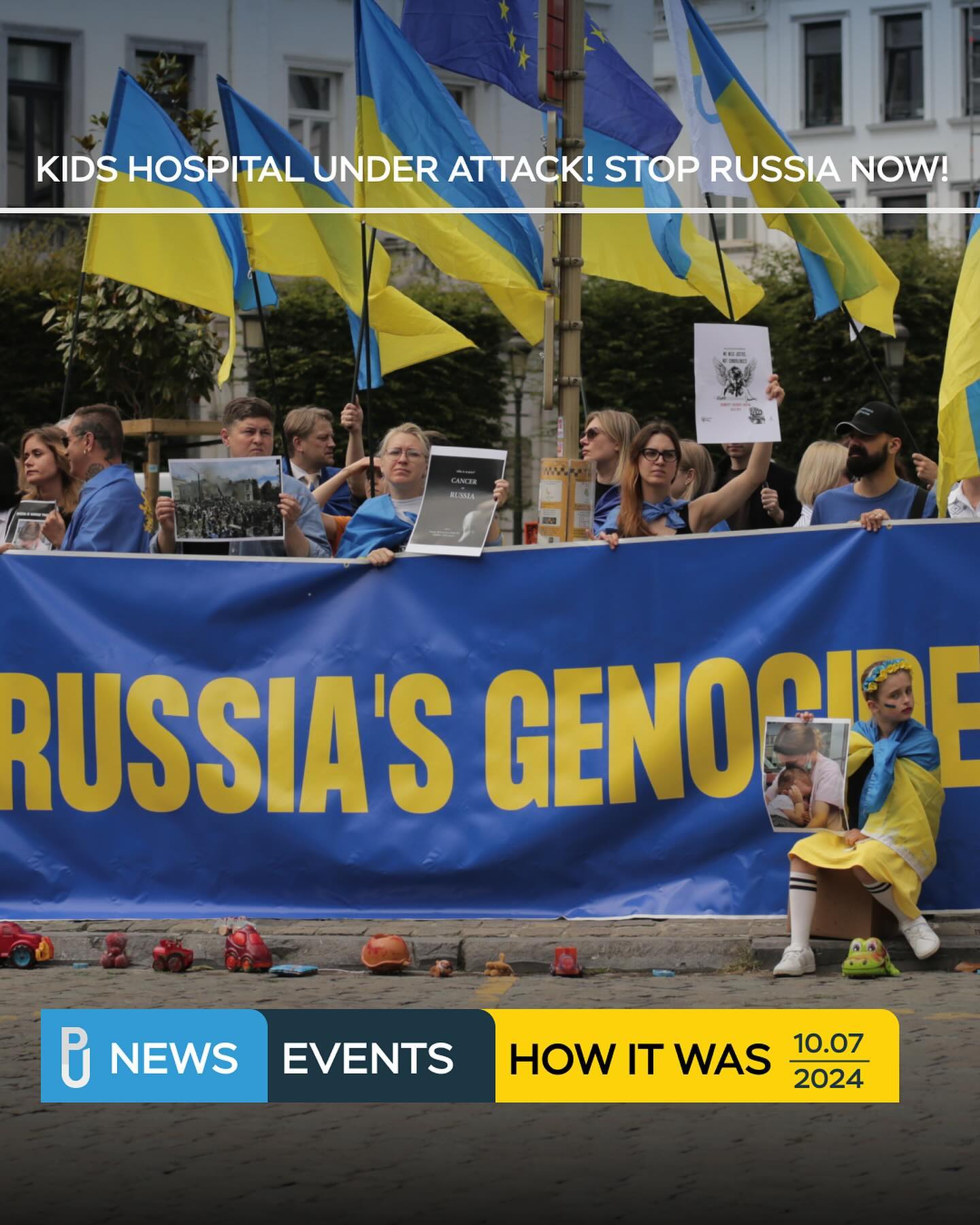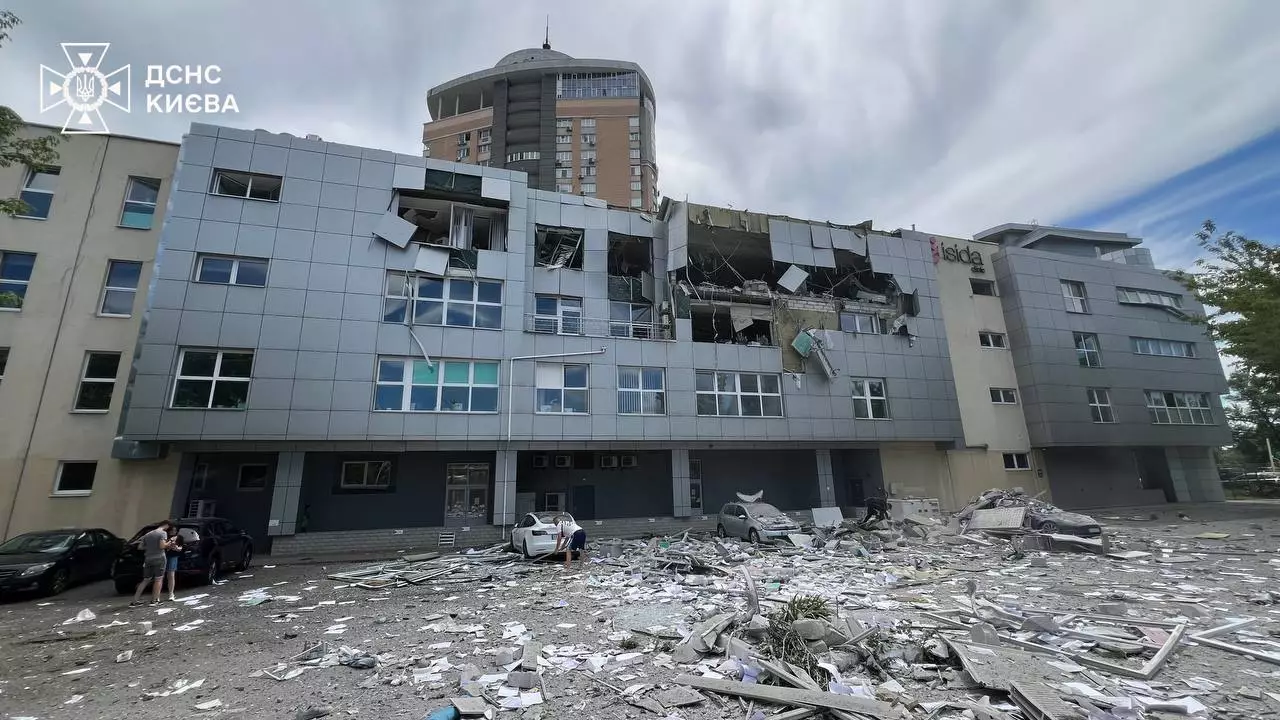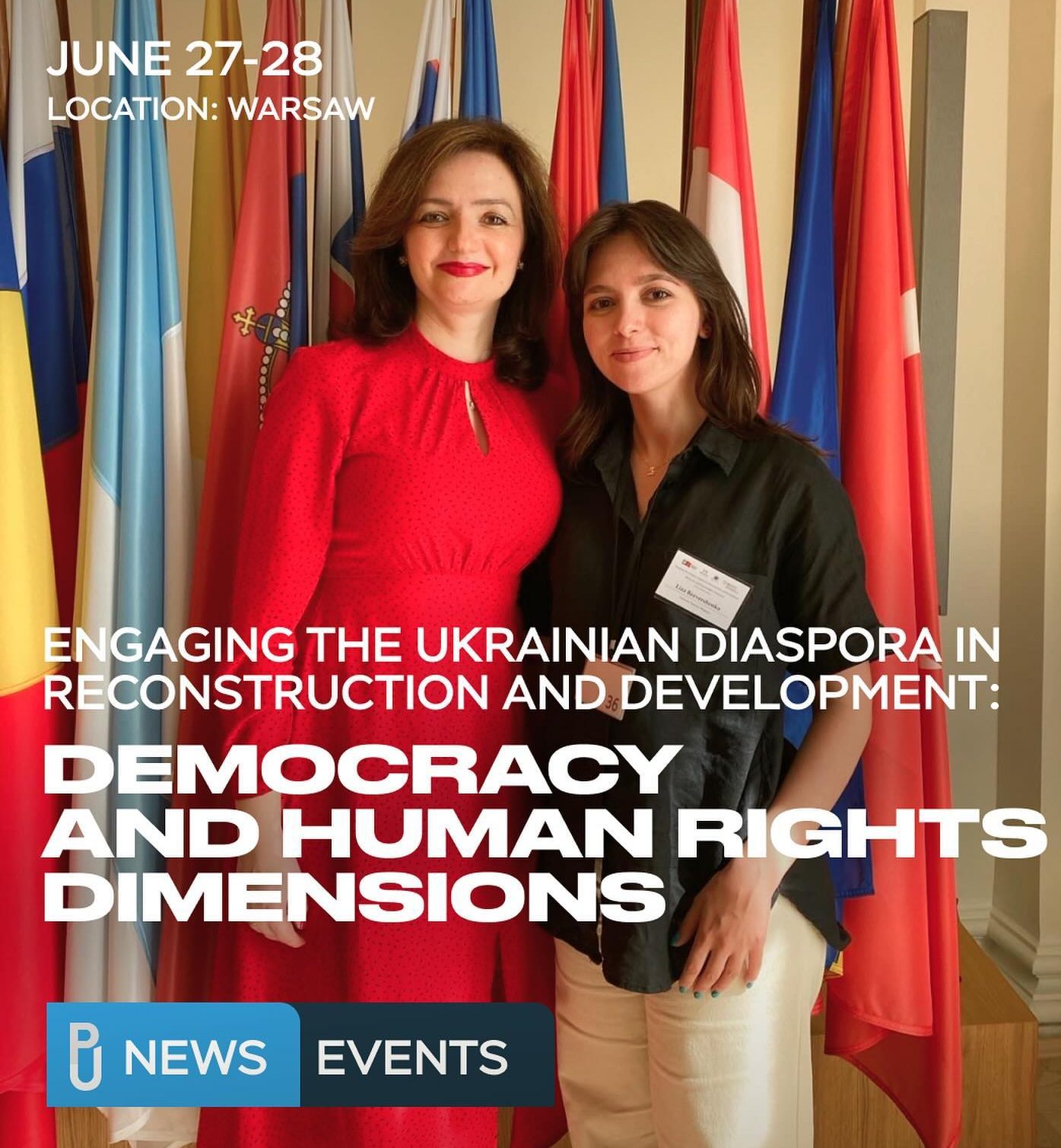Protests in Belarus have been going on for five months. Many people have been forced to seek political asylum in other countries, and Ukraine is no exception. However, the duration of stay for political refugees remains the same as for travelers – 90 days. After this period, citizens of Belarus must return home or extend their visa, the Ukrainian Helsinki Human Rights Union (UHHRU) informs.
To date, people can extend their stay in Ukraine due to pregnancy, caring for a sick family member, through applying for immigration or citizenship only for 180 days from the first entry.
On 2 October, President of Ukraine Volodymyr Zelensky issued a decree simplifying the procedure for obtaining a residence permit for citizens of Belarus. But this applies only to “specialists in the field of information technology and innovation.” For them, the period of temporary stay in Ukraine is 180 days.
For now, according to Coordinator of the UHHRU’s Chernihiv Office Dmytro Naumenko, most political refugees are nearing the end of their permitted period of stay.
“The situation is critical. There is a delay in issuing visas at the consulate. Many should have left by now. The main problem is the duration of stay in Ukraine. Human rights organisations issued joint statements requesting the government agencies to extend the duration of stay. However, it was extended only for IT specialists up to 180 days, and there is no clear definition of persons who can be considered as IT specialists,” Naumenko said.
Despite the persecution of people by the Belarusian authorities, Ukraine does not help refugees, the coordinator added.
“So far, we see that Ukraine does not support refugees from Belarus. There is no help or support. There are many bureaucratic procedures. At the same time, there have been no cases when Belarusians were expelled from Ukraine,” lawyer Naumenko noted.
While the issuance of visas continues, Dmytro says that other options to help political refugees stay in Ukraine are searched for. For example, Belarusians can stay in Ukraine as volunteers and work in organisations.
Natalia Tolub






 UA
UA FR
FR DE
DE




